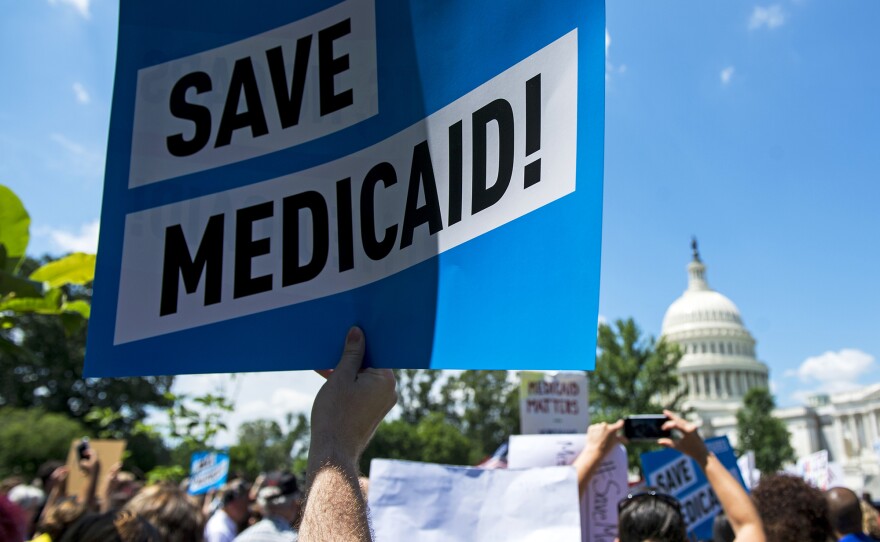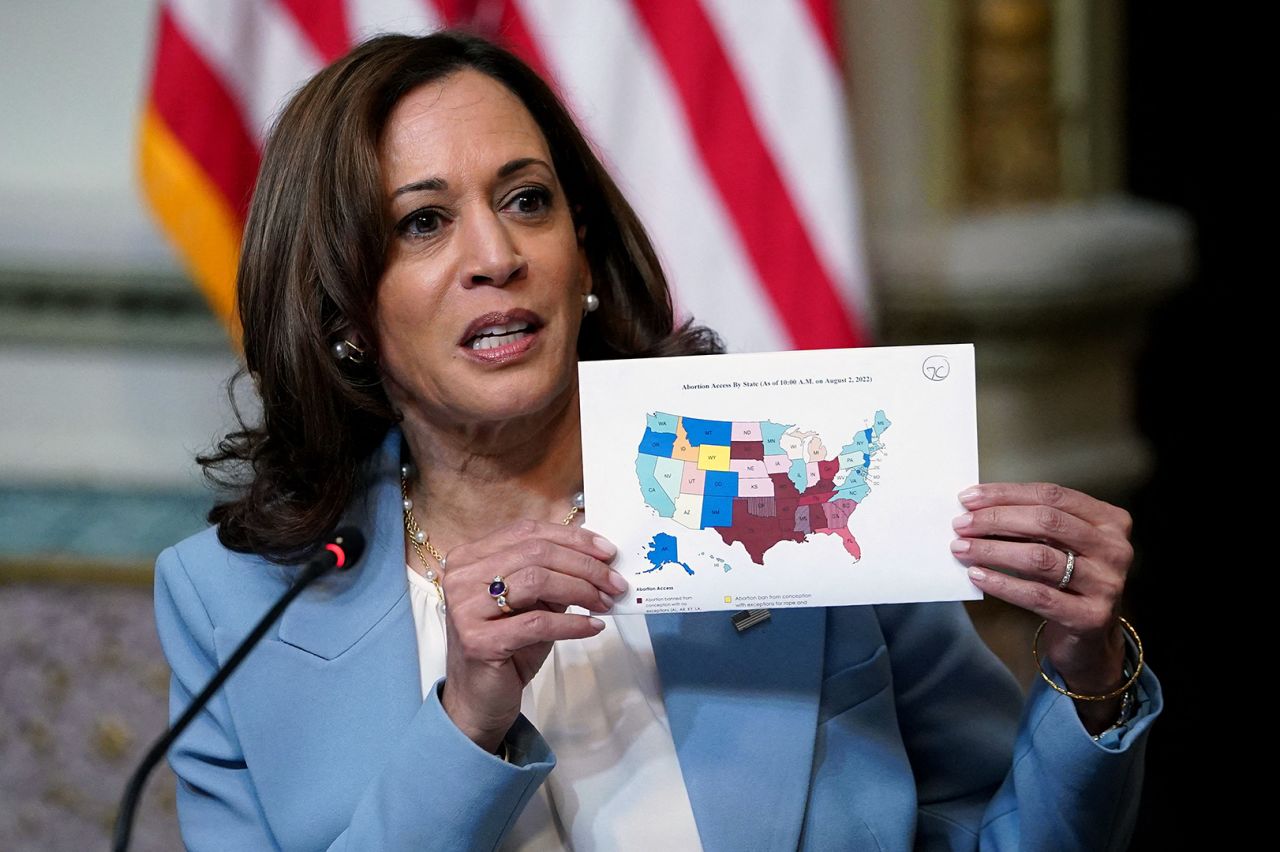Massive Cuts to Medicaid Funding
The recent passage of Trump"s "One Big Beautiful Bill" spells disaster for health care access in the United States. The bill proposes a staggering $1 trillion reduction in federal spending on Medicaid and Affordable Care Act (ACA) marketplaces over the next decade, according to the Congressional Budget Office. This could lead to nearly 12 million more Americans lacking health insurance by 2034, further jeopardizing the progress made under previous administrations to decrease the uninsured rate.
Work Requirements Will Disenfranchise Vulnerable Populations
One of the most alarming aspects of the legislation is the introduction of work requirements for Medicaid enrollees. Under this plan, millions could lose their vital health coverage if they fail to prove employment or participation in educational activities for at least 80 hours a month. As reported by Harvard T.H. Chan School of Public Health, this policy will disproportionately impact low-income individuals, many of whom are already juggling multiple responsibilities like caregiving or education. Research shows that the majority of working-age Medicaid recipients are either employed or actively seeking work, making these requirements not only unnecessary but discriminatory.

Meet Your Friends Who Get Medicaid | KPBS Public Media
Rural Health Services on the Brink of Collapse
The bill"s implications are particularly dire for rural communities, where health services are already scarce. The proposed cuts to provider taxes will severely limit funding for hospitals and nursing homes, which rely on these funds to sustain operations. According to findings from the Cecil G. Sheps Center for Health Services Research, more than 300 rural hospitals could face reductions in services or even closure. This would exacerbate health disparities in regions that are already struggling to provide adequate care.
ACA Enrollment Becomes a Nightmare
The GOP"s plan to alter ACA enrollment processes is equally concerning. The new requirements will make it significantly harder for individuals to enroll in or retain their health plans. As noted by AP News, individuals will now need to submit documentation of their income and immigration status annually, instead of being automatically reenrolled. This bureaucratic burden is expected to lead to an increase in uninsurance, particularly as the bill shortens the open enrollment period, leaving many vulnerable families without coverage when they need it most.

US Supreme Court protects access to abortion pill | CNN Politics
Increased Costs for Medicaid Patients
Medicaid enrollees can also expect to face higher out-of-pocket expenses under this legislation. The bill permits states to impose copayments of up to $35 for certain services, potentially discouraging low-income individuals from seeking necessary medical care. Studies have demonstrated that even minimal charges can lead to significant reductions in health care utilization among low-income populations, putting their health at further risk. If enrollees fail to pay these fees, hospitals will bear the financial burden, further straining already limited resources.
Immigrants Face Discrimination in Health Care Access
Finally, the proposed legislation includes measures that would deny ACA subsidies to many lawfully present immigrants, a move that could push hundreds of thousands out of the marketplace. As reported by John Slocum of Refugee Council USA, this unjust restriction will not only harm individuals who depend on these subsidies but will also destabilize the entire ACA marketplace by leaving a higher concentration of older and sicker individuals, leading to skyrocketing premiums.







![[Video] Gunfire between Iraqi security forces and Sadr militias in Baghdad](/_next/image?url=%2Fapi%2Fimage%2Fthumbnails%2Fthumbnail-1768343508874-4redb-thumbnail.jpg&w=3840&q=75)
